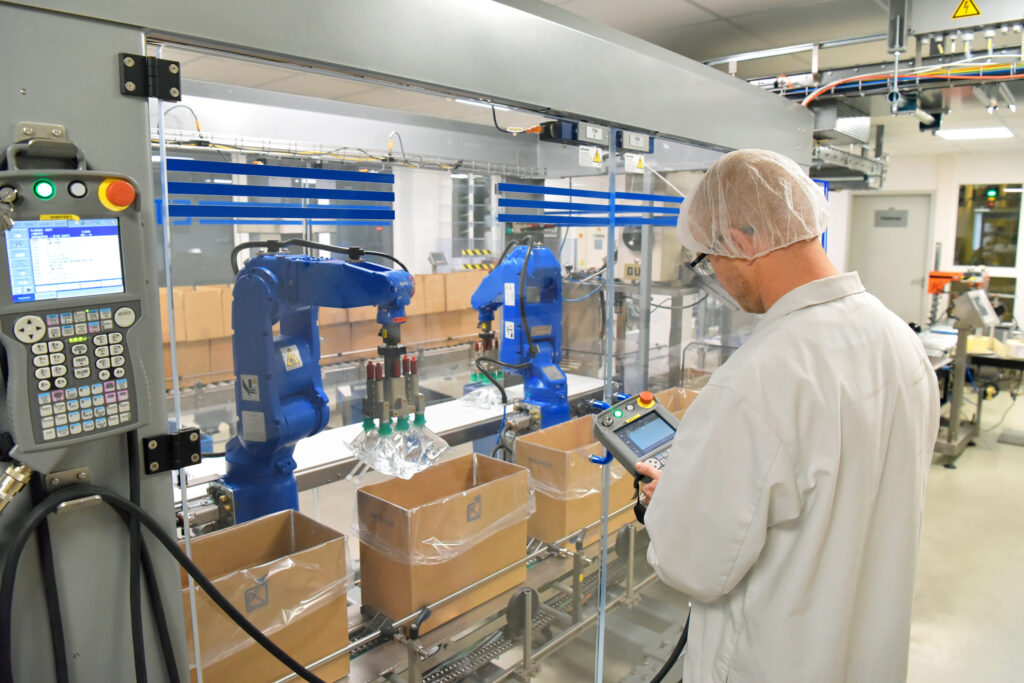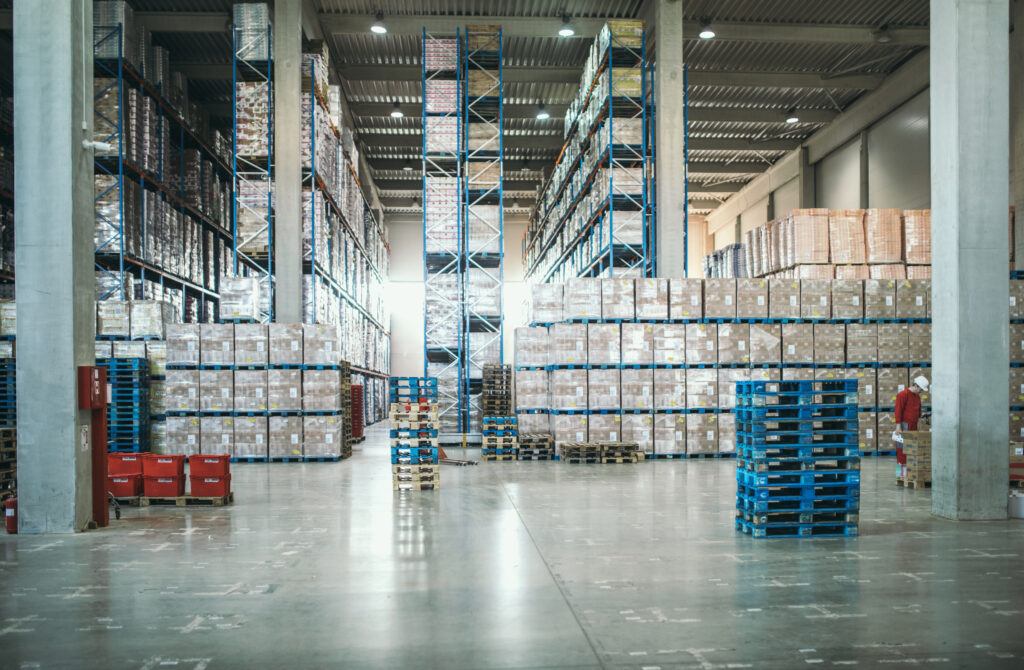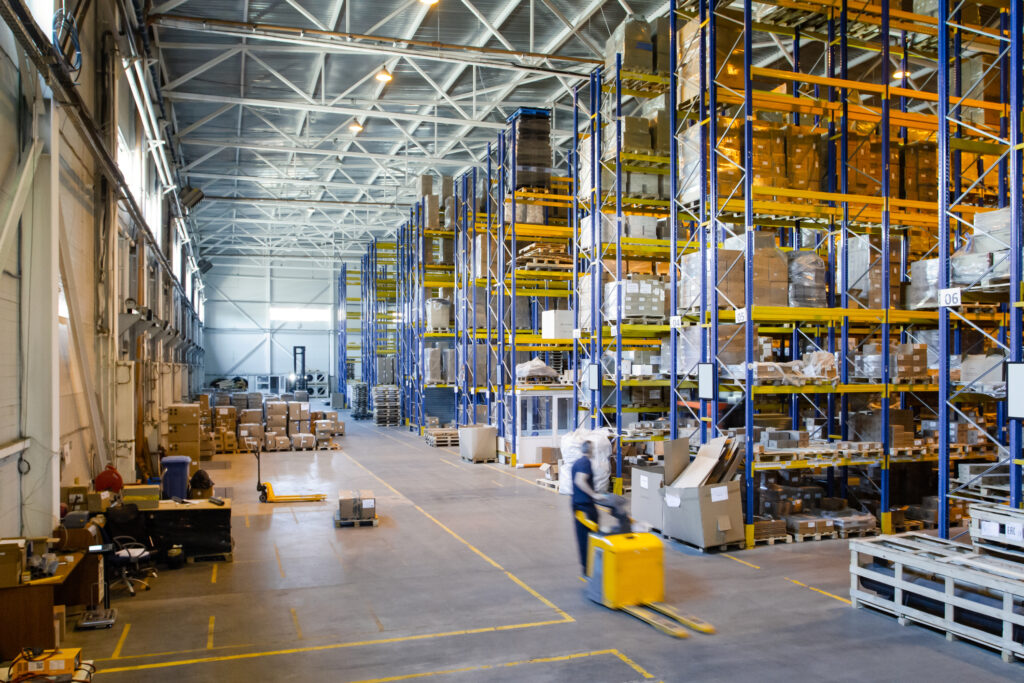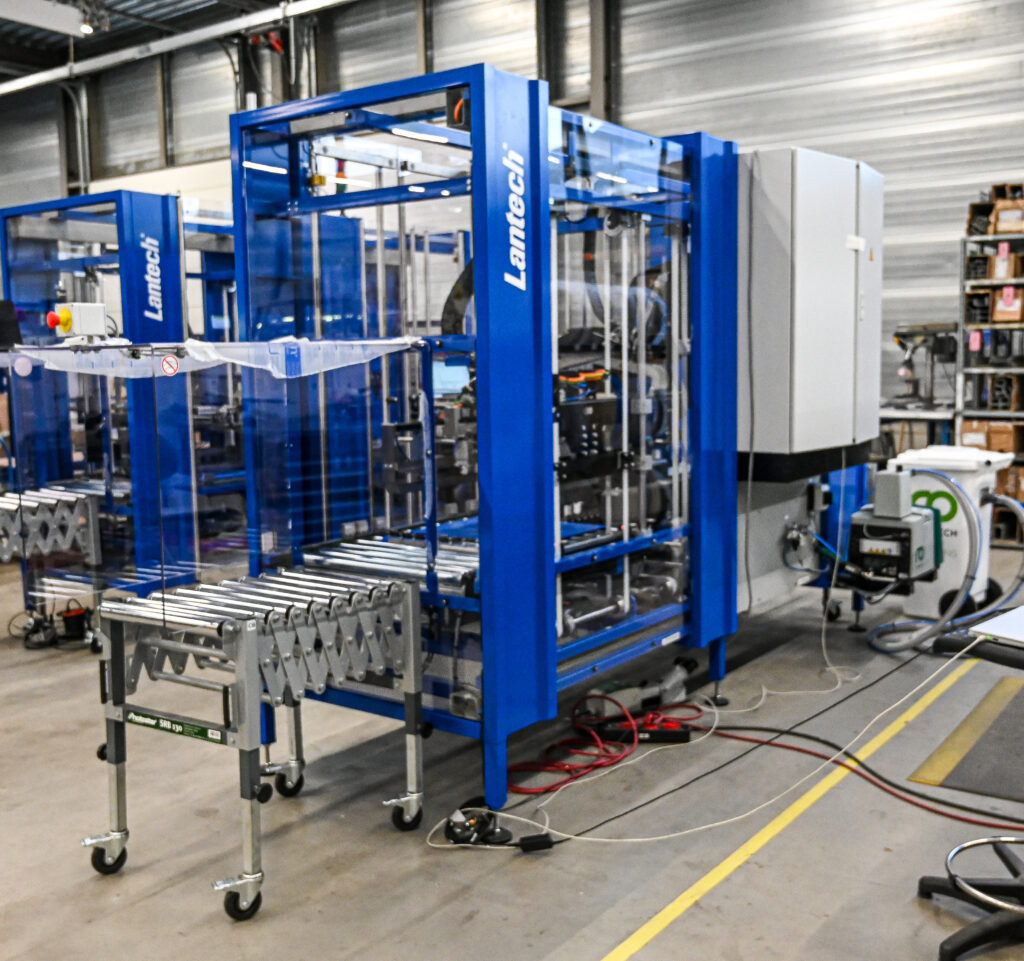Damaged goods are a significant challenge in logistics, affecting both costs and customer satisfaction. Warehouse automation provides effective solutions by reducing human error and improving operational efficiency. This guide explores how technologies like automated pallet wrapping and warehouse automation robots minimize damage and streamline processes, offering valuable insights for managers and logistics professionals.
Key Takeaways
- Understanding the Problem of Damaged Goods: Learn about the common causes and impacts of damage on warehouse operations.
- Benefits of Automated Solutions: Discover how the latest technologies in automatic pallet wrapping improve product security and operational efficiency.
- Cost and Efficiency Advantages: Explore how automation reduces expenses and increases long-term savings.
Understanding the Problem of Damaged Goods
Common Causes
Damaged goods in warehouses often result from human error, improper handling, and poorly secured pallets. Issues such as overloading, insufficient packaging, and untrained staff contribute significantly to product loss. Environmental factors, like exposure to moisture or improper stacking, can also lead to defects — many of which can be addressed with Logistics Packaging Machines.
Impact
The financial repercussions of damaged goods include increased return rates, higher replacement costs, and lost customer trust. Additionally, businesses face reputational damage and operational inefficiencies, which hinder long-term growth. Addressing these root causes is essential for creating a more resilient and productive supply chain.
The Role of Automated Pallet Wrapping
What is Automated Pallet Wrapping?
Automated pallet wrapping uses technologically-advanced machines to secure goods on pallets with stretch film. Unlike manual wrapping, these systems ensure consistent tension and coverage, stabilizing loads for safer transportation.
Benefits and Damage Prevention
Automated wrapping minimizes human error, reduces material waste, and increases load stability. By applying even pressure, stretch film shields products from external factors like dust and moisture. As part of an automation warehouse system, this technology significantly reduces product damage, ensuring goods arrive in perfect condition.
Other Warehouse Automation Technologies
- Automated Case Erecting and Sealing Machines
Automatic case erecting and case sealing machines provide a solution to forming and sealing boxes, reducing labor required by forming and closing boxes manually while also increasing the consistency and integrity of the case. These machines are valuable for a variety of industries and applications that require product to be shipped in a box or tray.
- Automated Storage and Retrieval Systems (AS/RS):
These systems leverage warehouse automation robots to handle goods with precision, automating storage and retrieval processes. AS/RS minimizes human error, reduces product mishandling, and ensures accurate inventory management. This technology is ideal for large-scale warehouses with high storage demands, improving space utilization and operational efficiency. - Conveyor Systems:
Automated conveyors move items within warehouses seamlessly, replacing manual transportation tasks. These systems streamline workflows, prevent delays, and minimize damage risks by reducing human contact with fragile or sensitive goods. Conveyors can be customized for various warehouse layouts and product types, enhancing adaptability. - Robotic Picking Systems:
Robots equipped with advanced sensors and AI capabilities select, sort, and pack items with exceptional accuracy. These systems reduce picking errors and product breakage, particularly for fragile or high-value items. Robotic picking increases order fulfillment speed and ensures a higher level of customer satisfaction. - Data Warehouse Automation Tools:
These tools integrate real-time analytics and data tracking to optimize inventory management and improve decision-making. By automating data collection and reporting, they provide actionable insights into stock levels, order trends, and warehouse performance. This ensures businesses can respond quickly to changing demands. - Autonomous Vehicles:
Automated guided vehicles (AGVs) transport goods across warehouses with precision and consistency. These vehicles operate on predefined paths, reducing accidents and the potential for human error. AGVs are particularly useful in high-volume facilities, as they increase transportation speed while ensuring safety.
Cost and Efficiency Benefits
Warehouse automation reduces operational costs by minimizing product loss, optimizing labor, and improving workflow efficiency. For example, warehouse automation companies report that integrating systems like automated wrapping and data warehouse automation significantly cuts material waste and boosts throughput. Over time, these savings outweigh initial investments, offering a scalable, long-term solution for damage prevention.
Conclusion
Incorporating automation warehousing technologies is essential for reducing damaged goods and improving operational efficiency. Solutions like automated pallet wrapping and robotic systems not only save costs but also enhance customer satisfaction. By adopting these advanced tools, businesses can future-proof their supply chains and maintain a competitive edge in the market.
FAQ
1. What is an automated warehouse?
An automated warehouse uses advanced technologies, like robots and automated systems, to streamline operations and reduce manual intervention.
2. How does automation prevent damaged goods?
Tools like automated pallet wrapping ensure load stability, while robotic systems minimize mishandling.
3. Are automated warehousing solutions expensive?
Initial costs can be high, but long-term savings from reduced damage and increased efficiency make it a worthwhile investment.
4. Can small businesses use warehouse automation?
Yes, scalable solutions are available for smaller operations, such as standalone semi-automatic stretch wrapping machines, automatic case erectors or simple robotic systems.
5. Which warehouse automation companies are leaders in the field?
Companies like Dematic, Honeywell, and Swisslog offer cutting-edge warehouse automation robots and solutions for businesses of all sizes.






